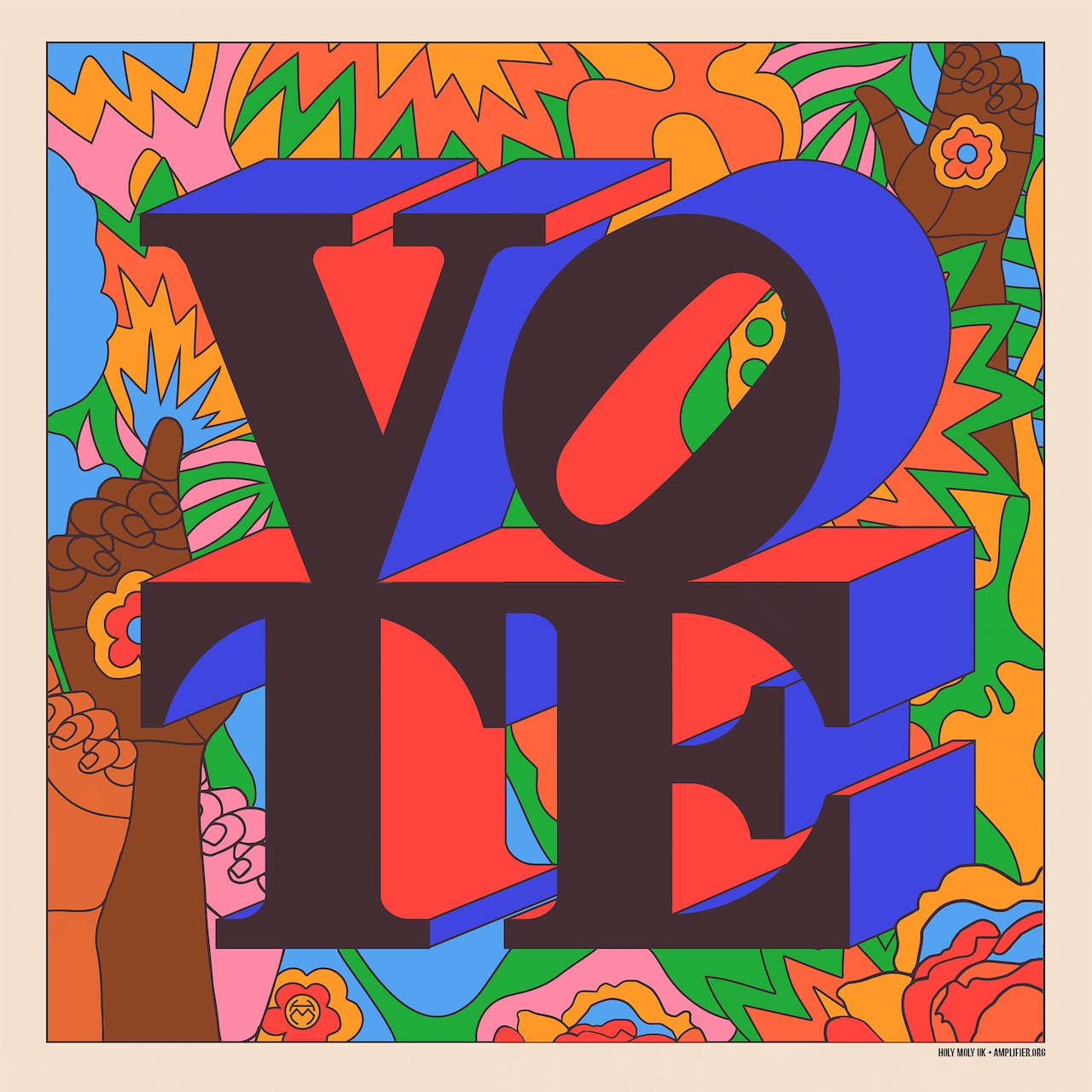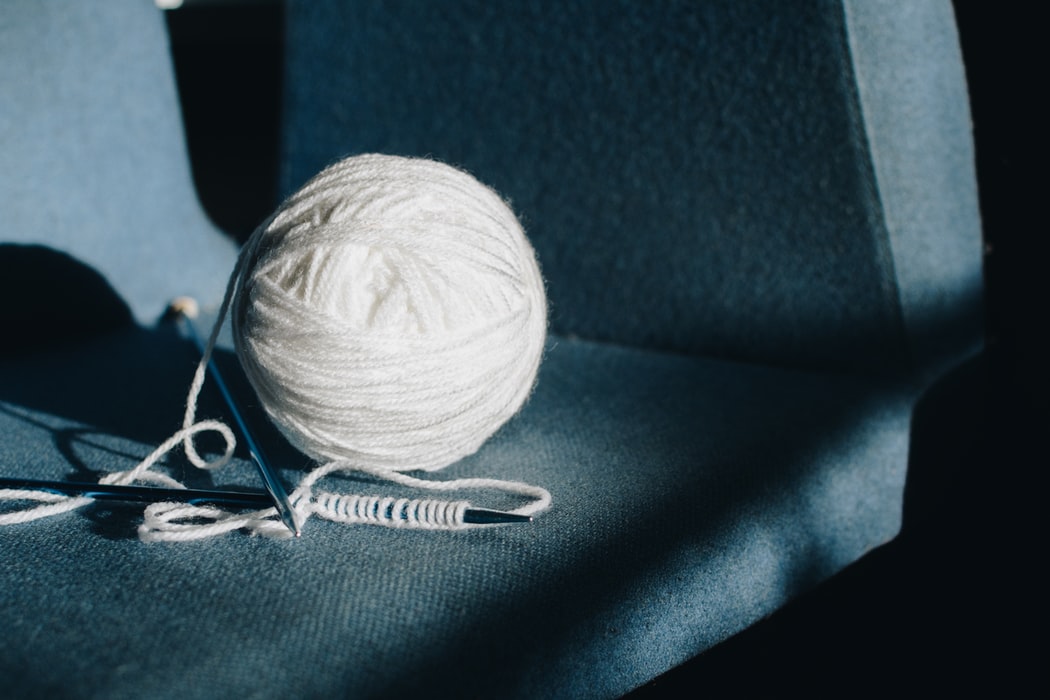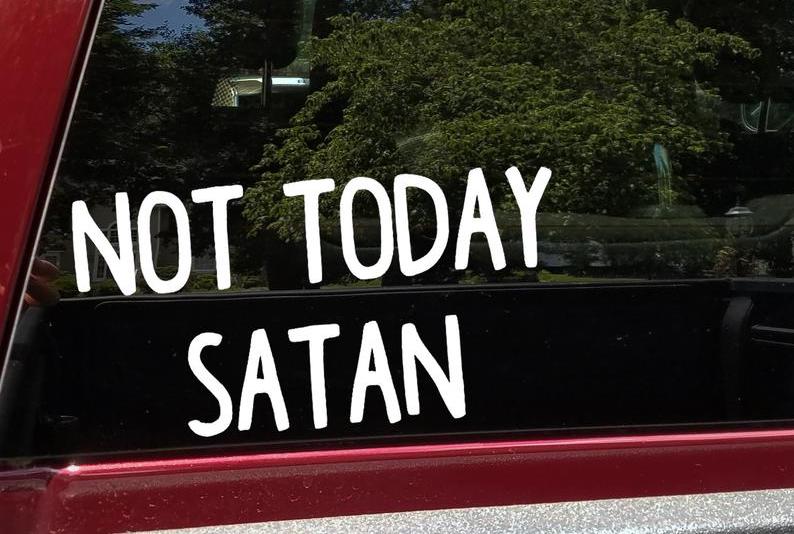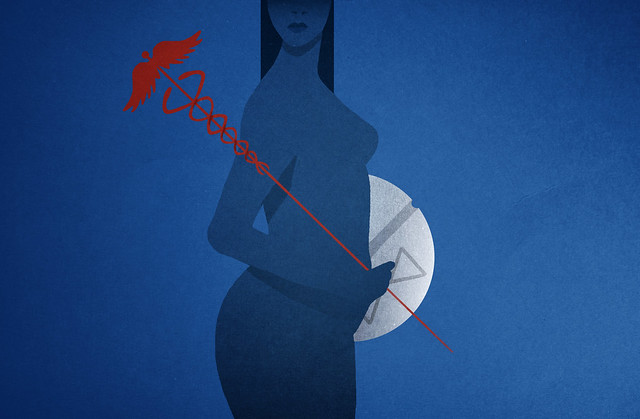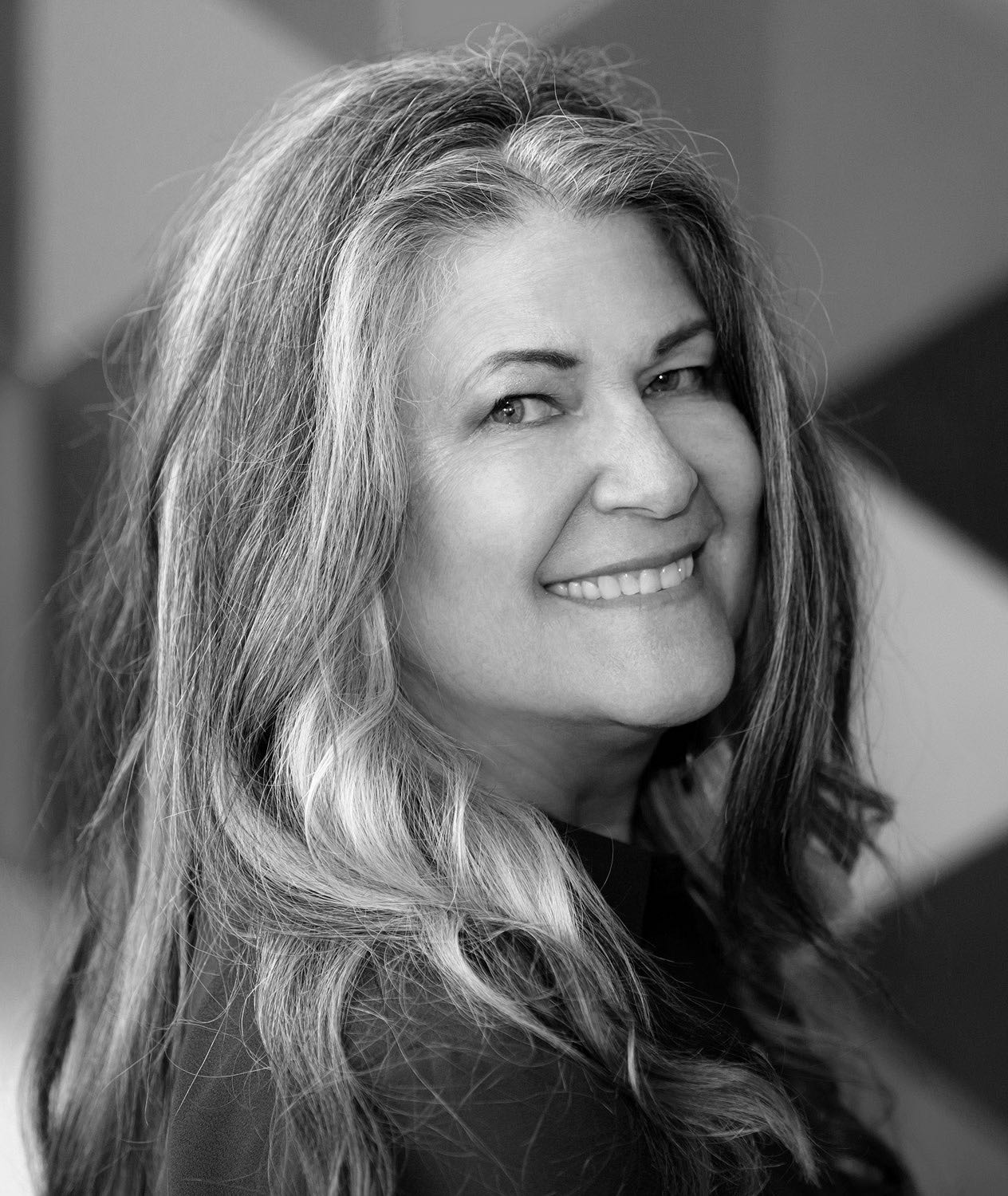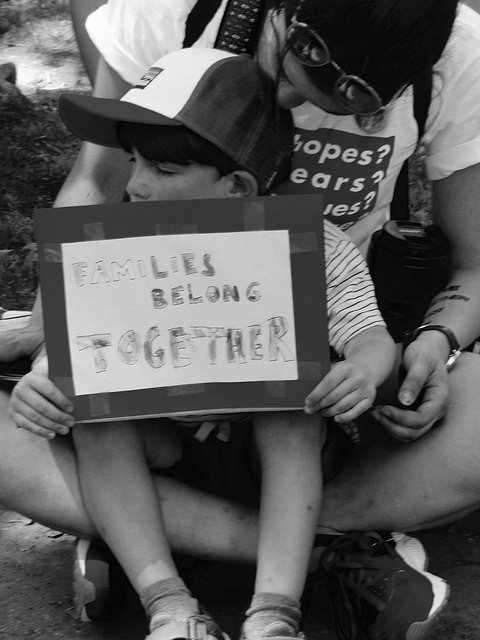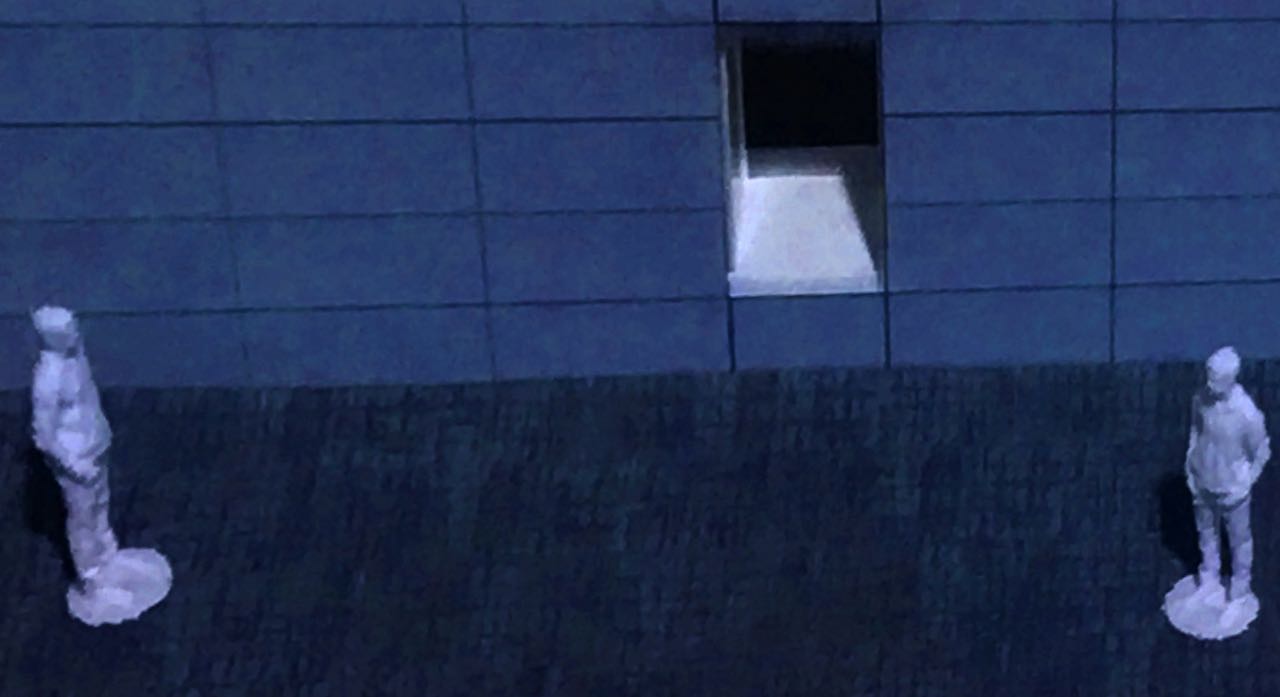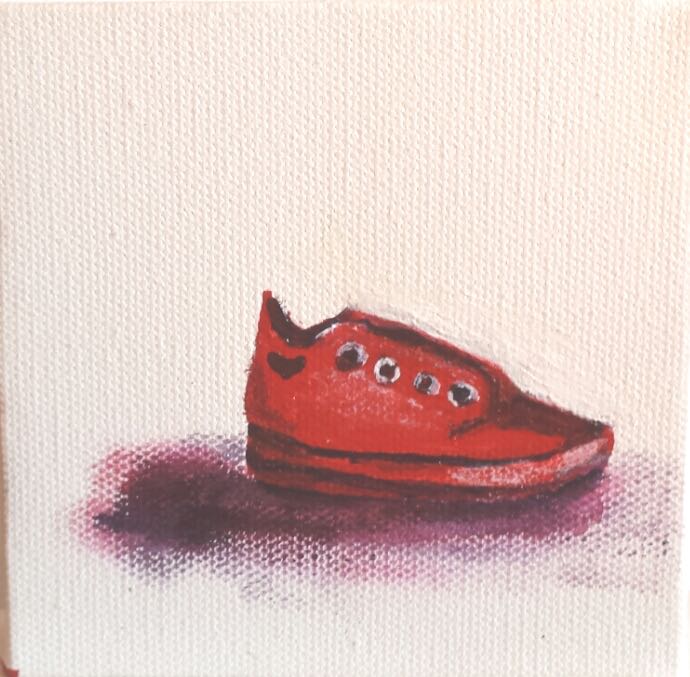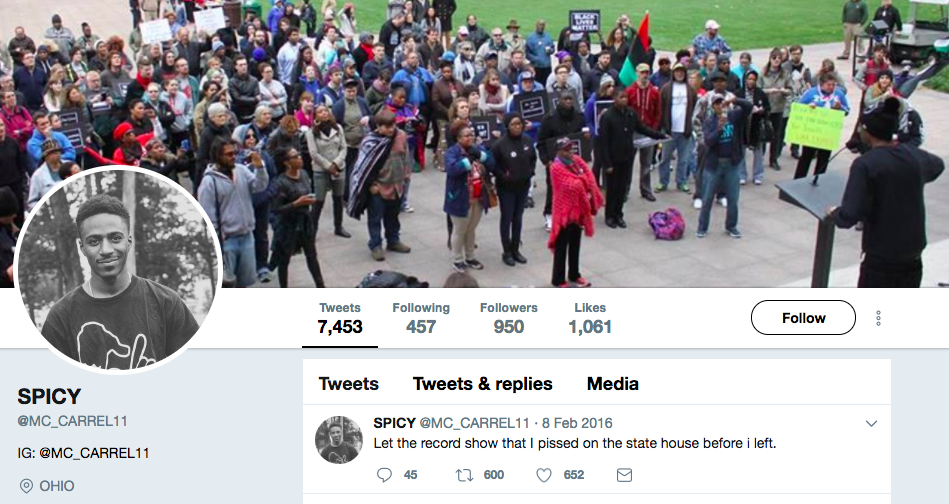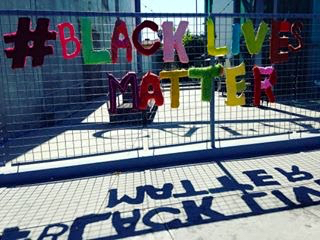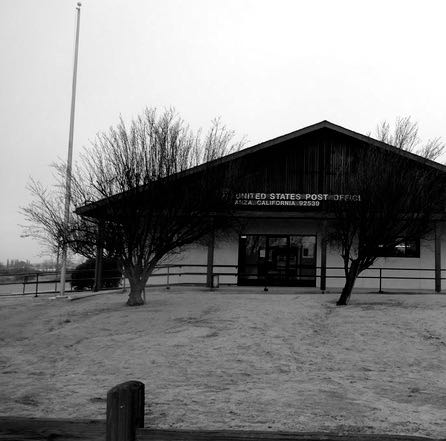Not Today, Satan
By David Martinez
I was suspected of heresy the first day of the class I’d picked up at the Christian university, which I suppose is valid. This was after I introduced the course, the topics, and how we would focus on critical thinking as a way to progress and achieve in college, and explained we were going to talk about current events, history, literature and philosophy. In essence, we were going to think.
I looked out at the students, smiled wide and said, “To be able to think critically, we need to be able to question everything we believe and everything we have ever been taught. We need to consider what we have been told might be flawed. We have to search for ourselves so we know for ourselves. We need to understand that everything we’ve been taught comes from people, and people can be mistaken. It doesn’t mean that what you currently believe is bad or incorrect. It means that we have to think about it. Question everything: what I talk about in class, what your parents have taught you, what your pastors have taught you, your schools. Everything. Including your faith.”
The room went dead.
This class was required for honors students entering the school, and almost all of them were between eighteen and nineteen and away from home for the first time. I know many had been warned about professors like me. I know because I’d been warned about professors like me when I was a student—by religious and conservative family members. I was the socialist professor who would turn students into bleeding hearts, the reason many of those same students in that Christian university had been homeschooled, the reason that many were going to a Christian school to begin with. And here I was, the man their parents feared they would encounter, spouting dangerous and blasphemous ideas.
A small, teenage girl who came up to me after class looked terrified. With wide eyes filled with the courage of the faithful, she said, “Um, excuse me, sir. I just … I want to know, what do you believe? It’s just that, as I’m sure you’re aware, this is a Christian school, and we have certain beliefs and values and I just … I don’t know. I just don’t know if I’m going to like this class, and I just want to know what you believe.”
She breathed deeply. I could see she had been brooding over what she was going to say. I admired her nerve. She was polite and she was honest, and I respected that.
“Well,” I said, “what do you believe?”
“I just,” she said, “I just believe in the Bible. Everything that’s in the Bible.”
“Ok, good.” I was sitting in a tall, black, swivel chair and I rocked from side to side. “Why?”
“What?” she said.
“Why do you believe in the Bible? Is it because you were brought up in a Christian home, in a Christian society? Is it because that’s what your parents and pastors have told you to believe? Or do you have some deep relationship with the book that you have personally cultivated over time? Why the Bible versus the Qur’an or the Torah or any other texts considered sacred?”
“Well, I mean … I guess … I don’t know,” she said. “The Bible is the word of God.” She was put off.
“It’s perfectly fine not to know,” I said. “This class is not about knowing. It’s about questioning and considering. You want to know what I believe? I believe that religion is not bad. In fact, I think that faith can be wonderful and has inspired many people to do great things. But it has also inspired horrific acts and thoughts. And sometimes, it doesn’t inspire anything at all. What I want to know is what is behind our beliefs and motivations, and do we have the courage to honestly examine ourselves? It’s ok to be religious. It’s beautiful to be religious. But if we are, then why?”
•
I was apprehensive about teaching the class because I knew I had serious difficulties with institutionalized faith, but I still wanted to believe that religion could be beautiful. I didn’t want to augment my growing contempt. I didn’t want to go in with preconceived notions. I didn’t want my spiritual core to become tainted by too much proximity to the type of church people I had been trying to avoid—the ones who preached hellfire and damnation, the ones who preached equality and love, but blinded themselves so they could follow the bile and hate that poured out of recent far-right groups. But it was only one course, the school was desperate, my wife and I needed the money—she’d been diagnosed with thyroid cancer—and I thought it might be a good experience.
Unlike the community college where I work, the university didn’t allow me to create my own syllabus. I had to use a tightly-controlled one with a predetermined course schedule. Everything pre-assigned. I could add nothing. Subtract nothing. I couldn’t give students anything extra to read. The grades had to be put in on time, and, to make sure, the system would be monitored. No shenanigans. If so, Dr. C, who was responsible for the course, and I would be sent a warning. Dr. C didn’t like warnings.
He had a history teacher’s office, cluttered with maps and timelines on the walls. Photos of his favorite students. Photos of family. Bibles and books about the Bible. He kept repeating how the university could pick me up if I worked hard and followed procedure. “Just three things,” he said. “Make sure you grade on time—they hate it when you’re late. Never miss a class—they’re very strict on that here, and they get after me if you miss. It’s very bad. And don’t disparage the Christian faith.”
“I try not to disparage anybody’s faith.”
“Of course,” he said. He ruffled through papers on his desk to find a syllabus for me. “Oh, right,” he said as he handed me the schedule. “Make sure you stick to the syllabus, and don’t do anything too out of the ordinary. The students talk. You know how it is. ‘This professor is great. That professor is boring.’ They complain. Parents call the school to see why little Johnny hasn’t been put in the cool teacher’s class.” Dr. C shrugged. “Once, we had this professor come in and do a jeopardy game in leu of a midterm, the next thing you know we had a load of concerned parents.”
“That happens?” I said. “At a university?”
“Freshmen. You know.”
I didn’t. He gave me a pen drive and Polonius-style advice. “This has all my PowerPoints. Use them. Make sure you blow their minds. Give them plenty of ah-ha moments, but be approachable, too. You have to switch it up. When you read Brave New World, make sure you mention how we’re letting technology control our lives—just like in the book, except through our phones. It’ll blow their minds. You’ll do well. Don’t sweat it. They’re good kids. They’re good students. Just give them As unless what they turn in is really bad.”
I wasn’t sure how to respond to that, so I didn’t. Instead, I made a conscious decision to make the students bleed for their grades.
•
It was halfway through the semester by the time we hit Brave New World, and I had been parking behind the same car every day. It had a bumper sticker that read “Not Today, Satan.” I wondered more than once if it meant me. But the students and I had developed an understanding of each other. Some of them loved the class, others hated it. There was a group who sat toward the back and off to the side. They tried, but never could, hide their disdain for the questions I asked.
We had already gone over the Bhagavad-Gita and Plato’s Apology and how Socrates was executed. Most agreed that his arguments made sense, that his questions were valid. His courage to take on the establishment of the time was pointed out, and his grace in the face of his accusations of sacrilege. Of course, they said, that was a long time ago. Things were better now. Also, Socrates was a pagan so he couldn’t have been any more sacrilegious than his accusers, plus his accusers were corrupt. When I showed them Sojourner Truth’s “Ain’t I a Woman,” some students said, “What does that have to do with us now? That happened like a really long time ago. Women are equal now. The slaves were freed.” A few students argued against. Most were disinterested. Brave New World wasn’t all that different.
We watched an interview with Aldous Huxley in which he states, “If you want to preserve your power indefinitely, you have to get the consent of the ruled. … [W]hat these … dictatorial propagandists … are doing … is to try to bypass the rational side of man and to appeal directly to these unconscious forces below the surfaces so that you are, in a way, making nonsense of the whole democratic procedure, which is based on conscious choice on rational ground.” This was when Bolsonaro, Brazil’s own megalomaniac president, had just been elected, and I wanted to show what “bypassing the rational side of man” looked like from an outsider’s perspective.
I showed clips of Bolsonaro telling a female politician that she didn’t deserve to be raped by him, another where he tells a group on TV that if his son were to show homosexual tendencies that he would beat him straight, and an interview in which he said the problem with Brazil’s former dictatorship was that they hadn’t killed enough people. In one of the videos it mentioned how Bolsonaro considers himself the Brazilian Trump, and, like Trump, Bolsonaro also charmed the Christian voters by touting family values.
“The country voted for him,” I said. “They voted for a man who is racist, sexist, and who praises the military dictatorship that murdered countless people. Why? What makes a person vote for a candidate who says those types of things and acts that way? What does this have to do with Brave New World? What does this have to do with you as Americans?”
“Nothing,” one of the students from the back of the class said. He wanted to know why I was talking to them about stuff that happened in some other county. It’s not like Brazil is the United States. It’s a third-world country. It’s not like something that crazy could happen here.
Most the students wanted to stay safe and talk about how sex and drugs and technology are evil. In fact, most the students wanted to stay safe from any topic. “Our generation doesn’t like to talk politics,” one of the girls said.
“Your generation?” I said. “What about Emma Gonzalez? The marches? A couple years back, I taught seventh grade and many of my students walked out in protest over the treatment of DACA recipients. Isn’t that your generation?”
“Well, where a lot of us went to school we didn’t talk politics,” she said. “We just don’t want to make people mad. We don’t want people to think we’re racist or sexist or something. I mean, there are people that always get offended by the facts.”
One student always had the same argument: “The law is the law.”
“What about unjust laws?” I said. “It used to be legal to own other people. It used to be illegal to aid those escaping slavery.”
“That was a long time ago. There are no more laws like that. Plus, laws have to be followed or there would be chaos,” he said.
His classmate turned to him and said, “So, what about speeding? That’s against the law. Have you never sped before? If you speed and no one catches you, should you turn yourself in and pay the fine?”
“I don’t know,” the student said. “That’s different, I think. I don’t know.”
During some discussion, I said, “Jesus Christ was a brown, Middle-Eastern man. He was a Jew. He was a refugee in Egypt, an immigrant there. He preached unbridled love. He told his followers to sell all that they owned and give it to the poor. He rebuked the Pharisees for burdening the people with excessive and superfluous doctrines and regulations. According to scripture, Christ was a critical thinker.”
There were emphatic nods and smiles from the few who spoke out, eye-rolls and the blank expression of disconnect from the hard-right group, and confusion and angst from the silent majority.
•
The next time I saw Dr. C was when I walked into the office to say that I was going to be out a few days while my wife had surgery to remove her cancerous thyroid.
Dr. C was surrounded by papers at his desk. “That’s not good,” he said. “That’s not good. You can’t be missing classes. That’s not good. They don’t like to see people missing classes.”
“You have to know that my wife means more to me than this job,” I said.
“Of course! Of course! Do what you have to do,” he said. But he was irritated.
I turned to leave, hoping I would never have to speak to him again. “Oh, David,” he said when I got to the door, “we’ll be praying for your wife.”
•
At the end of the semester, we had presentations on controversial topics. One polite and quiet girl wanted to talk about gay marriage.
“What about gay marriage?” I asked. “It’s legal. What’s the controversy?”
After some discussion, she wanted to go with whether or not homosexuality and Christianity were compatible. I thought it might be a learning experience for her and I said, “Fine. As long as you focus on the human aspect. Focus more on how certain Christian sects view and treat homosexuality, and the individual stories of those involved. A good place to start would be looking at suicide rates among LGBTQ youth in Christian communities. Make sure to look at the human aspect. Make it personal. If Christianity is about the human, then make it human.”
“Ok,” she said.
In the end, her presentation was about how a person couldn’t be gay and Christian because it was against God’s commandments. She gave percentages and statistics on LGBTQ suicides, but swept over them to make room for dogma. No personal stories. The idea was that homosexuals couldn’t be Christian because it went against scripture.
“What if it were your sexuality that was under scrutiny?” I said. “In many Christian sects, the only options for people who are not heterosexual are either celibacy or marrying someone they may not be sexually attracted to or compatible with. In other words, either a life without an intimate relationship, or a marriage without physical attraction. What if it were you?”
“Well,” she said. “I believe that God would take that sin away from a true believer. A true believer would get over homosexuality.”
The poor girl was terrified and shaking when I asked her that question, as if her eternal soul was at stake. I was depressed. The intense need to clutch onto creeds and doctrines over the human was demoralizing. And for her, her soul was at stake. That was why she detached the human element. To try and understand the other was too threatening.
•
One day, while teaching at the community college, I heard a student laugh while staring down at her computer.
“What?” I said.
She had pulled up my Rate Your Professor page. “Look what this person said about you.”
“What?”
I looked on her screen, and there was a comment under my profile, “Professor Martinez can be friendly some days and very confusing and angry others. … I would not recommend him.”
“I can’t even imagine you being angry,” she said. There were others under my name at the Christian university:
Professor Martinez doesn’t seem to understand what he’s doing. First of all, he’s at a Christian school, and he seems to push his personal political agenda on the students in his class. Second, the class he is teaching is university success. This class is meant to be an easy A for students, and he makes it the hardest class I’ve had this semester.
Mr. Martinez grades harshly… He seemed to utilize his class time to push his political agenda on the impressionable minds of students. Conducts himself in a very unprofessionally manner.
Most of the class time was him throwing out random controversial topics or opinions and sitting back as the class had heated discussions. The class became a philosophy and current events course instead of university success. Success? He did everything but teach us how to succeed.
… most of the information given is irrelevant …
I wasn’t angry. I was sad at the dread that acted as a chasm between the students and critical thought. I wondered if I had done my job—not to make it an easy class, but to make them think.
•
Sometimes, exhausted at the end of the day, I would sit in my car, read the bumper sticker in front of me, “Not Today, Satan,” and think of the mythical, red creature with horns, the monster, the inhuman. What was the temptation the car’s owner feared?
James Baldwin, writing about his prolonged religious crisis in “Down at the Cross,” says of Christianity, “The principles were Blindness, Loneliness, and Terror, the first principle necessarily and actively cultivated in order to deny the two others.”
My Christian students were taught to feel terror at critical thought, taught that they were morally alone in an increasingly liberal and immoral world, taught to wear blinders to obscure the humanity of the other, rendering others less than human and therefore easy to disregard or reject—or else risk God’s wrath. Critical thinking must be avoided at all cost.
The surgery came and went, mood swings and tears were inevitable from both my wife and me. Even a small cancer is a heavy thing. It weighs on the back of the mind no matter if the doctors are confident everything is all right. There are some more tests coming up, but it should be fine. From now on, we’ll pay more attention just in case.
But what can be done when a cancer is thread through a nation that refuses to recognize it, thread through people who refuse to look at lives that do not reflect their own, thread through children who are taught that questioning and examining comes from Satan? Whatever it is, it’s not going to come from a system that predigests and distributes easy problems, easy As. It will only come from the kind of rare thinking that is unafraid to confront discomfort.
David Martinez writes from that space between worlds that exists for so many multi-cultural and multi-racial people. His essays often explore this space while also investigating his own experiences with displacement, mental health, addiction, and family. His fiction is often strange, focusing on characters who search for the beautiful in inimical environments. David is half-American, half-Brazilian, and has lived throughout the US, Puerto Rico, and Brazil—his places are imperative and central to his writing. David earned his MFA from UC Riverside at Palm Desert and currently teaches English and Creative Writing at Glendale Community College in Arizona.


